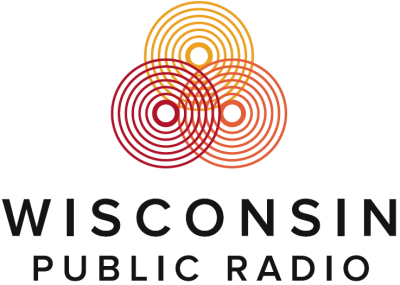Gov. Tony Evers is urging the Legislature’s Republican-controlled finance committee to release $2 million in tribal grants that lawmakers withheld from two Lake Superior tribes.
The committee’s Republican co-chairs said the committee didn’t release the funds because of ongoing disputes over access to roads and taxation of tribal members on their reservations.
Evers said in a news release Monday that he directed the Department of Administration to formally request that the Joint Committee on Finance release the funds to the Bad River and Lac du Flambeau Bands of Lake Superior Chippewa. The request came after the two tribes accused the committee of discrimination for withholding the grants.
The 2023-2025 budget created an annual appropriation for tribal grants under the Department of Administration. In September, the agency requested to transfer $11 million that would be awarded as grants to Wisconsin’s 11 tribes. The budget reserved that money as supplemental funds that could be awarded by the GOP-controlled finance committee.
On Oct. 31, the committee rejected the agency’s request. Instead, the committee voted 8-4 along party lines to award $1 million each in tribal gaming revenues to nine of the state’s 11 tribes with the exception of the Bad River and Lac du Flambeau tribes. All Republicans voted in favor of the motion without providing a reason why the two tribes were excluded during the meeting.
“My request to Republicans is simple: stop playing politics with the Native Nations in this state and release these funds that are essential for Tribes to provide governmental services to their citizens and communities,” Evers said in a statement.
In response, the committee’s Republican co-chairs Sen. Howard Marklein and Rep. Mark Born said in a statement Monday that the committee withheld the funds because they said the two tribes have “taken adverse actions against their fellow Wisconsinites.”
“While we respect their autonomy as a tribe, we must also respect the taxpayers who are suffering as a result of the tribes’ decisions. They have prevented access to private properties, levied unreasonable fees on local municipalities, and are causing skyrocketing property taxes all due to their actions,” the co-chairs said.
Leaders of the two tribes either declined or didn’t immediately return requests for comment. Lac du Flambeau Tribal President John Johnson Sr. has said he suspected lawmakers withheld the funds due to ongoing disputes.
“But in these cases, like we’re having now with our treaty rights and protecting our lands, I’m not wrong,” Johnson previously told WPR. “I should never have to apologize for something like that, that I’m trying to keep intact for future generations of our grandchildren.”
Lawmakers point to ongoing disputes on reservation lands
Lawmakers are targeting the two tribes related to ongoing disputes over access to roads and a federal court ruling that meant removing tribal properties from the tax rolls.
On the Lac du Flambeau reservation, the tribe barricaded four roads from Jan. 31 through March 13 after negotiations with the town and title companies over long-expired easements broke down.
The agreements allowed nontribal residents to use roads on reservation lands to access their homes. Since then, the town has been making monthly payments to the tribe for temporary access. Multiple lawsuits have been filed in the dispute by landowners, the town, and the federal government.
Meanwhile, the Bad River tribe has been at odds with nontribal residents on its reservation after a federal appeals court ruled the state could no longer tax tribal properties on reservation lands. The decision stems from a federal lawsuit brought by four tribes in 2018, including the Bad River tribe.
While the ruling affected multiple communities, the effects of the decision have been felt more acutely by residents in the town of Sanborn that lies entirely within the Bad River reservation. The town had to remove tribal residents from its tax rolls, which caused taxes to skyrocket for Sanborn’s remaining residents.
This summer, the town agreed to freeze its tax levy for the next three to five years in order to obtain a state loan that helped ease some financial challenges stemming from the ruling. Tax bills for Sanborn residents are expected to be lower than last year when they more than doubled for nontribal residents, but bills remain higher than they were prior to the federal court decision.
Bad River tribal member Sandy Deragon, who is a Sanborn resident, said lawmakers are punishing the tribes for the state’s illegal actions.
“They illegally collected taxes from our tribal people, the landowners here,” Deragon said. “They did it for so many years, and got away with it. Now, we’re being punished for that.”
In their joint statement, Born and Marklein noted Evers signed off the committee’s decision on Nov. 10. They said he could have vetoed the meeting’s minutes.
“We don’t understand why he has suddenly changed course,” the co-chairs wrote.
An Evers spokesperson said the GOP-controlled committee would have voted to override any veto, which would have only resulted in further delays to release the funds.
“This skips that unnecessary step and presses the committee to approve the funds expeditiously, as our administration already requested. Further, objecting to the minutes would’ve jeopardized funds for the Tribes who did rightfully receive the funds,” Evers spokesperson Britt Cudaback said in an email.
Cudaback said the governor’s priority is quickly appropriating funds rather than waiting for Republicans to obstruct the process.
“It’s called governing,” she said.

